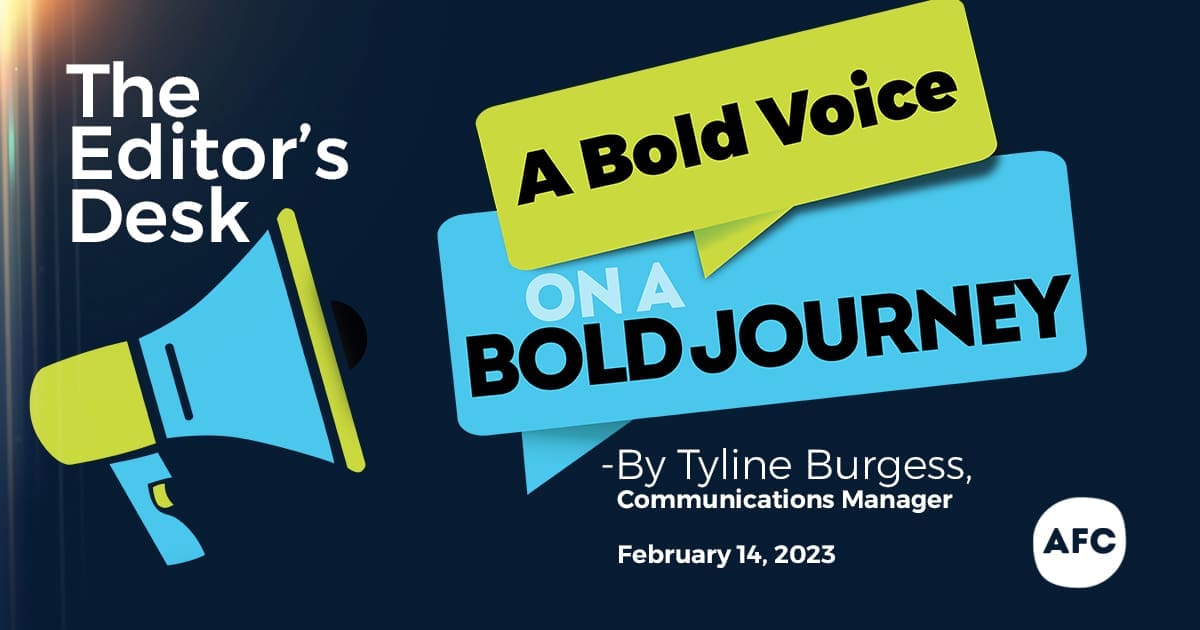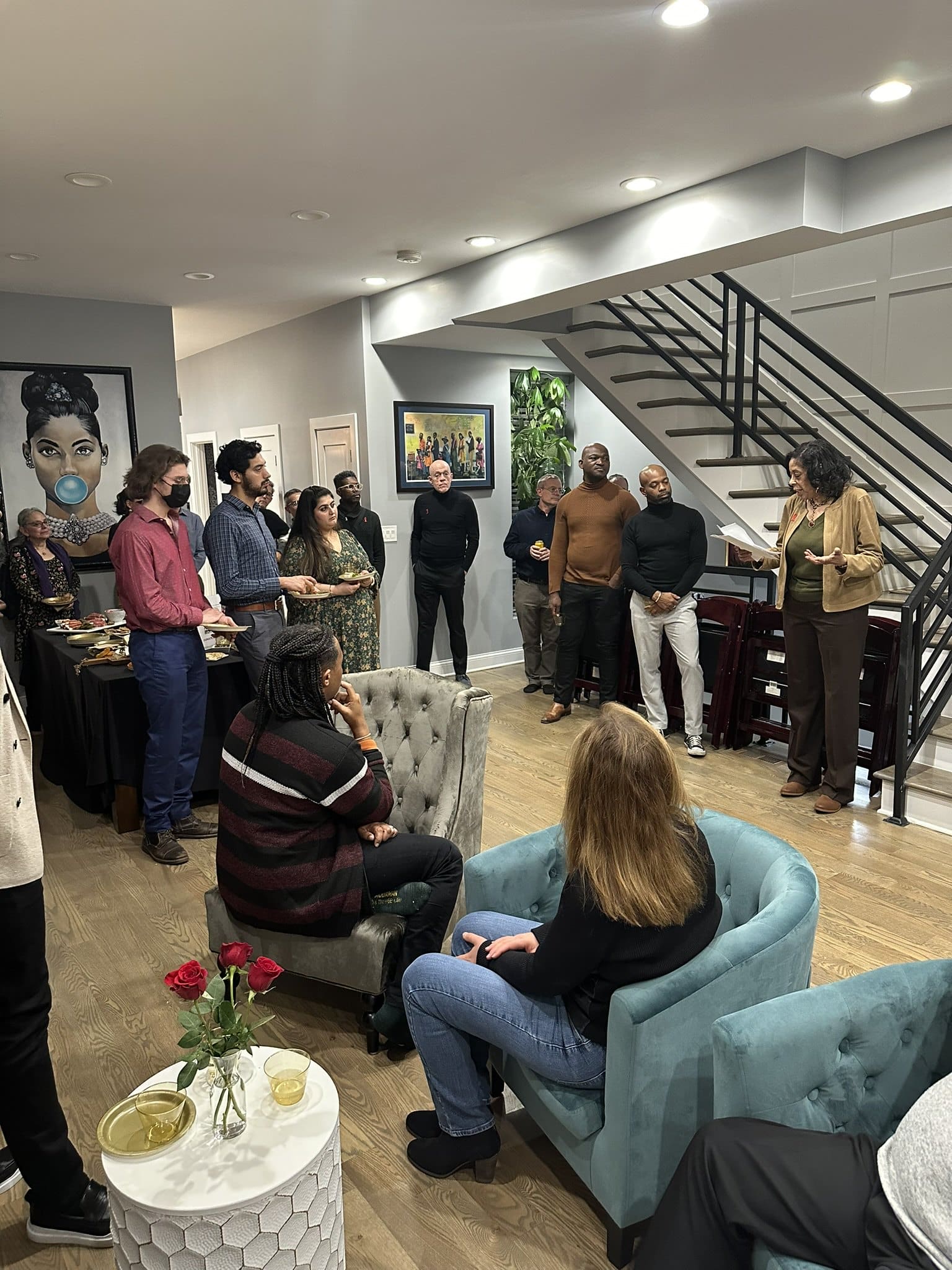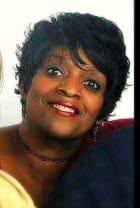By Tyline Burgess
I have never liked the sound of my own voice, which is why I have chosen to amplify the voices of others throughout my work in design and writing, and now at AIDS Foundation Chicago (AFC). When I began my journey as the Communications Manager at AFC, I was tasked with the daunting responsibility of maintaining and updating our official AFC style guide. A style guide or more specifically, language style guide, is used to establish acceptable, affirming, and empowering language to be used in writing and communications. Language, like a saw, hammer, or chisel is a tool. Just as a tool can be used to build structures for the benefit of an individual or a community, it can also be used as a weapon and be a force of destruction rather than construction.
When language is weaponized, the people targeted can feel devastated and even attacked. That is where our style guide fits in. Our language style guide is similar to the instruction manual that one gets when you purchase a power tool. Because that’s exactly what language is, a power tool that is to be handled responsibly with care and consideration of the impact its usage has both intentionally and unintentionally as to avoid harm.
By using People-first language we put the person before their condition or life situation. Those in power have used language throughout time and in the present as weapons against disenfranchised communities and individuals. Using people-first language helps to combat that oppression. Maintaining a style of communication and language is one way to fight against stigma resulting from the use of certain words/terms and phraseology that can be harmful to individuals or communities. By using language that uplifts, celebrates, and centers members of marginalized groups and communities we empower the disempowered and aid in building a society and world that is closer to the respectful and equitable world we all wish to see.
It is my goal to help elevate the voices and experiences of members of the communities that AFC serves using respectful non-stigmatizing language that not only refers to or describes, but also celebrates, elevates, and educates our readers and/or listeners on the issues, experiences and environments impacting our fellow humans. Perfection is unattainable, but the quest to be better is a journey that we all must take and strive towards. It is with that understanding in mind I enter this role as not only a communications manager, but a voice amplifier for those of us who for too long have felt voiceless, ignored, overlooked, and underserved. We must be bold in our efforts to speak truth to power but also maintain a sense of humility as we continue to learn, grow, and listen–meaning we will not always get things right. As language evolves so must we. For that reason, it is important to make regular updates to our language style guide as we receive feedback from our community. Quarterly updates and reflections will be issued on our website. I encourage anyone reading this or any of our publications to offer feedback on ways in which we can improve our language style guide and to let us know when we have missed the mark, and I ask for the grace and understanding that progress is not a destination but a journey as is learning.
Please contact me with questions or requests at my email address [email protected] with the subject: Bold Voice. I look forward to serving you, the audience and community, as we take this journey together and to hearing back from you as well.
Yours in service,
Tyline Burgess
Style Guide: AIDS Foundation of Chicago (aidschicago.org)



